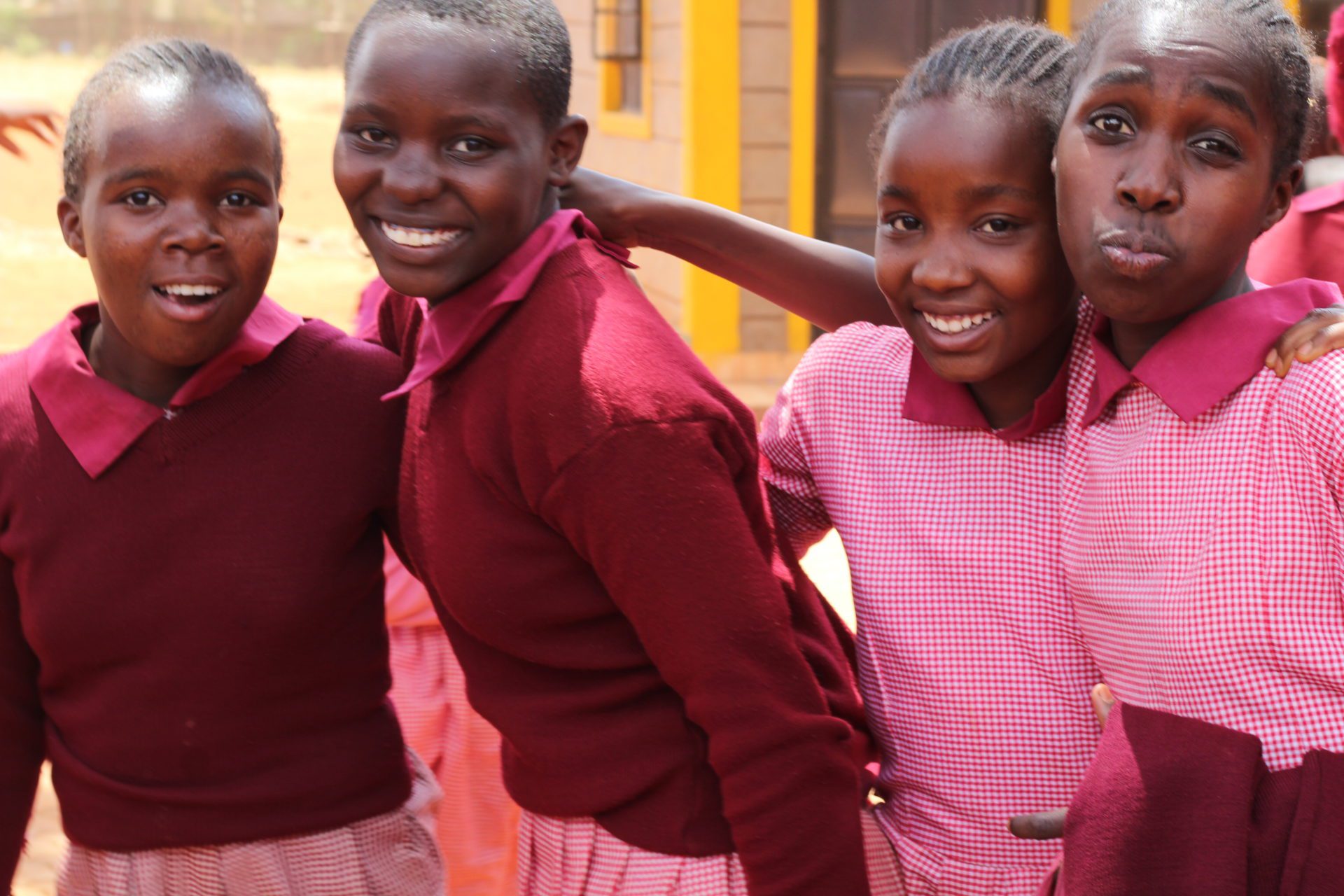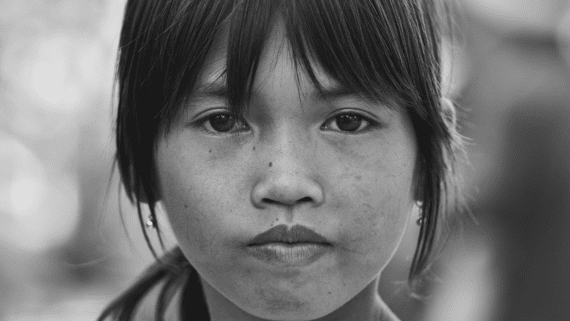By Daren Caughron
The convocation, organized by Bread for the World and hosted by the All Africa Conference of Churches (AACC), could not have come at a more urgent time as numerous countries across the world are feeling the negative effects of a warming planet.
The two-day event in Nairobi, Kenya brought together nearly 70 Christian faith leaders from the United States, Europe, and Africa to discuss the important ways in which our changing global climate is exacerbating global hunger, and more importantly, the role the global faith community can play in advocating for solutions.
The African continent, in particular, is highly at-risk to the consequences of climate change, despite contributing only about 3.8 percent of annual global CO2 emissions.
The convocation was organized ahead of the 27th annual Conference of the Parties to the United Nations Framework Convention on Climate Change (COP27), which began in Egypt on Nov. 6 and runs through Nov. 18.
World leaders are expected to discuss and hopefully build on commitments to (1) stop current emissions and bring us to a zero-emissions world, (2) assist those in developing countries adapt to climatic changes already underway, and (3) provide support to those for whom it is already too late to adapt –those who have already been victims of climate disasters.
A faith statement was produced during the convocation, which confesses to, and laments, the climate crisis now gripping our planet and its role in exacerbating hunger. It sets out a series of calls to action for future advocacy at the federal and state levels and also at the United Nations.
One of the countries grappling with the harsh effects of climate change is Somalia.The country is grappling with the worst drought in more than 40 years –one that has been “turbo-charged” by climate change.
The country has known severe hardship and heartbreak. In 2011, famine claimed the lives of nearly 260 million people – half under the age of 5. And today, more than 11 million people are in need of aid –a majority of whom are women and children.
As the planet continues to warm, the rate at which we experience “once-in-a-generation” floods and severe droughts will only continue to rise, as will instances of conflict stemming from the increasing scarcity of arable land and dwindling resources.
Faithful advocacy is at the center of Bread’s work. So, it is no accident that Bread took the lead to organize a convocation at the intersection of hunger and climate change with faith values as its guiding post.
Advocacy is vital to our work, and only flourishes with faithful people praying and hoping.If you haven’t done so already, would you consider making prayers to end hunger part of your regular prayer routines? Bread’s Prayers to EndHunger, our twice-monthly email with prayer suggestions and resources, is a resource that I’ve found immensely helpful in pursuing this.
The faith statement reminds us that it is only through prayer that we will be able “to renew God’s creation, and to bring our planet into balance, forming a beloved community in which all of creation can thrive.”
Daren Caughron is an international policy analyst at Bread for the World.



